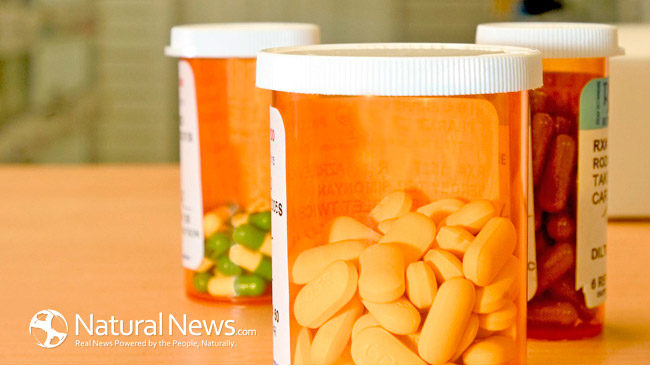By Alexander Shikhman, M.D., Ph.D., FACR
Cardiovascular disease, including coronary artery disease, atherosclerosis, cerebral vascular disease, cerebral vascular accident (stroke), myocardial infarction, sudden death syndrome, is the number one cause of death in most developed countries all over the world.
Elevated circulating cholesterol levels, in particular low-density-lipoprotein cholesterol (LDL-cholesterol) levels have been well established as one of the major risk factors for the development and progression of cardiovascular and cerebral vascular diseases, as have high levels of circulating lipids such as triglycerides.
In addition, these subjects often also experience obesity, metabolic disorders (such as syndrome X and diabetes) and hyperlipidemia, which are all major subgroups of the population that are adversely affected by high cholesterol and triglyceride levels.
Although advances have been made in treating cardiovascular disease and metabolic disorders associated with hyperlipidemia, hypercholesterolemia and the like, these conditions still are responsible for significant deterioration of the quality of life and risk of death for many patients.
In many cases, medications used to treat these conditions are not well tolerated and have significant side effects.
For example, the major drawback to the predominant statin or statin-like compounds is muscle soreness, muscle weakness, muscle tenderness, intense muscle pain (collectively known as statin-induced myopathy), peripheral neuropathy and extreme form of muscle damage called rhabdomylosis. Rhabdomylosis can be both a serious and a life threatening side effect clearly associated with the use of statin drugs where the muscle breakdown causes major organ damage to both the liver and kidney that has resulted in many reported deaths.
Lipid levels can be lowered with a combination of diet, weight loss, exercise, and medications or appropriate food supplements. People with high cholesterol should make changes in their lifestyle by reducing total and saturated fat in the diet, reducing carbohydrate consumption, losing weight, performing aerobic exercise, and eating a diet rich in non-sweet fruits and vegetables.
The appropriate lipid-lowering drug or food supplement therapy can be started at any time after diagnosing hyperlipidemia.
There are several medications available to help lower elevated levels of cholesterol and triglycerides. These include:
– Statins (lovastatin, pravastatin, simvastatin, fluvastatin, atorvastatin, and rosuvastatin) – are the most popular prescription drugs to control hyperlipidemia. They decrease the body’s production of cholesterol, reduce LDL and to a lesser degree triglyceride levels. However, taking statins is frequently associated with muscle pain and in rare cases severe muscle damage.
– Ezetimibe (Zetia) the bile acid sequestrants (cholestyramine, colestipol, and colesevelam) – decreases the body’s ability to absorb cholesterol from the digestive tract and lowers LDL levels.
– Nicotinic acid (Niacin) – is a vitamin that is used to lower triglycerides.
– Fibrates (gemfibrozil, fenofibrate and fenofibric acid) also lower triglyceride and raise HDL cholesterol levels.
Consumption of lipid lowering drugs is frequently associated with side effects such as:
– Elevation of liver enzymes
– Muscle pain, cramps or even muscle damage
– Nausea, vomiting, bloating and diarrhea
– Facial flashing
– Allergic reactions
Nutritional lipid-lowering supplements and herbs are an efficient and less toxic alternative to drugs. In general, natural products for lipid control work more slowly than drugs; most of their benefits are seen in 2-3 months. The treatment of hyperlipidemia is a lifelong process. Once you have an effective treatment plan and begin to see results, it is important to stick with the plan. Stopping treatment usually allows lipid levels to rise again.
In our office we use a dietary supplement, NoChol, a proprietary blend of natural ingredients that lower hyperlipidemia. NoChol is a proprietary blend of natural products including pantethine, berberine, curcumin, chromium polynicotinate and biotin designed to serve as a natural lipid-lowering remedy.
For more information, visit Gluten Free Remedies.





